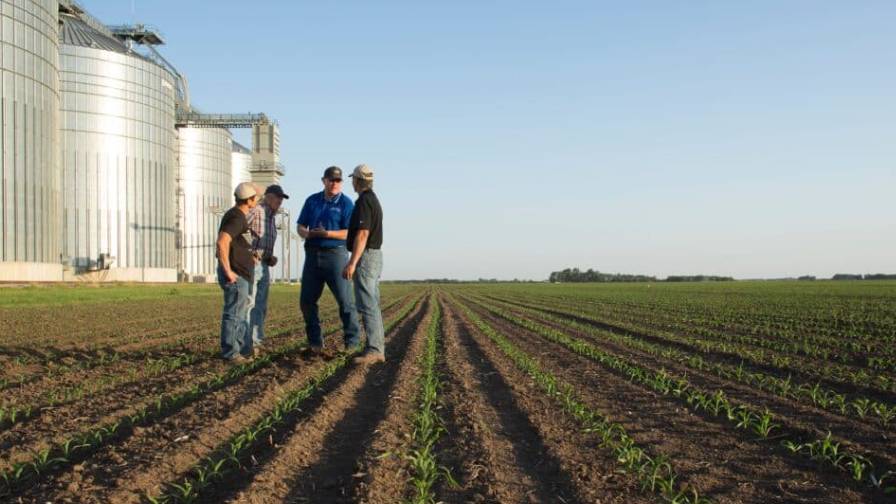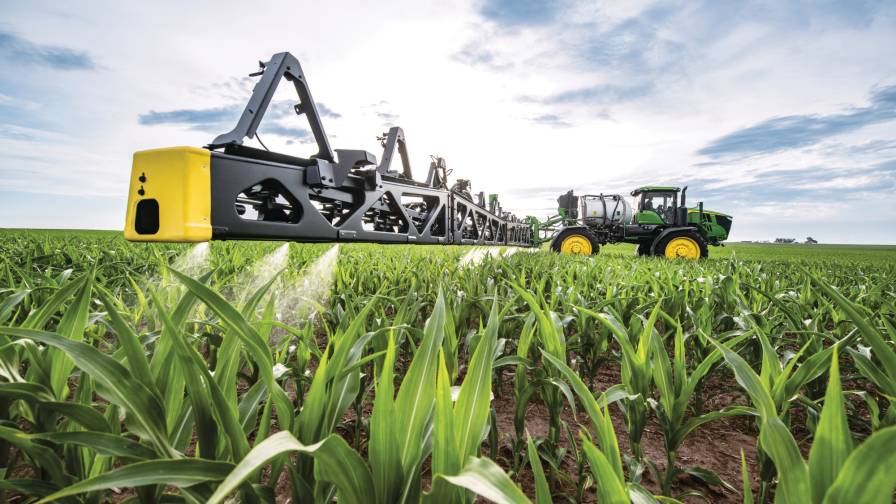5 Ways Biostimulants Contribute to Sustainable Agriculture
Climate change and an increasing population are adding to the pressure on the agricultural sector to provide consumers with sustainable good quality food, writes Lili Chatzikonstantinou on Biostimulants.eu. In order to meet these consumer needs, farmers must have access to modern technology.
Let’s look at the 5 ways biostimulants contribute to sustainable agriculture:
- Increase yield. Biostimulants provide an additional boost to crop outputs.
- Improve plant tolerance to abiotic stresswhen faced with abiotic stress. Abiotic stress is a term to describe the negative impact that drought, extreme temperatures (cold, frost and heat) and salinity has on plants. Biostimulants reinforce plant vigor making them more resilient to survive and recover during periods of extreme weather conditions.
- Help crop assimilate nutrients. Biostimulants help plants incorporate nutrients to ensure a higher return on investment for farmers and fewer unintended impacts on the environment.
- Enhance crop quality. Biostimulants contribute to the quality of produce, including sugar content, color, fruit setting, firmness, and nutrient uptake, which in turn may favor farmers’ incomes, improve storage and even make food more nourishing for consumers.
- Improve soil health. Biostimulants support the development of beneficial soil microorganisms which improves soil health. Healthy soil retains water more effectively and decreases soil erosion.
0
1
5
5 Ways Biostimulants Contribute to Sustainable Agriculture






